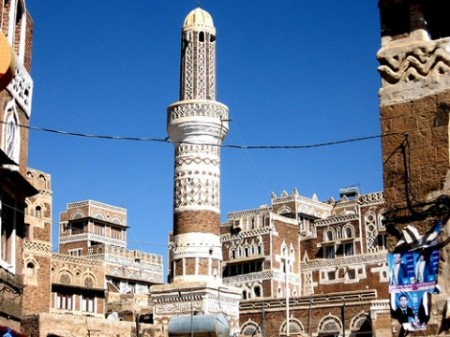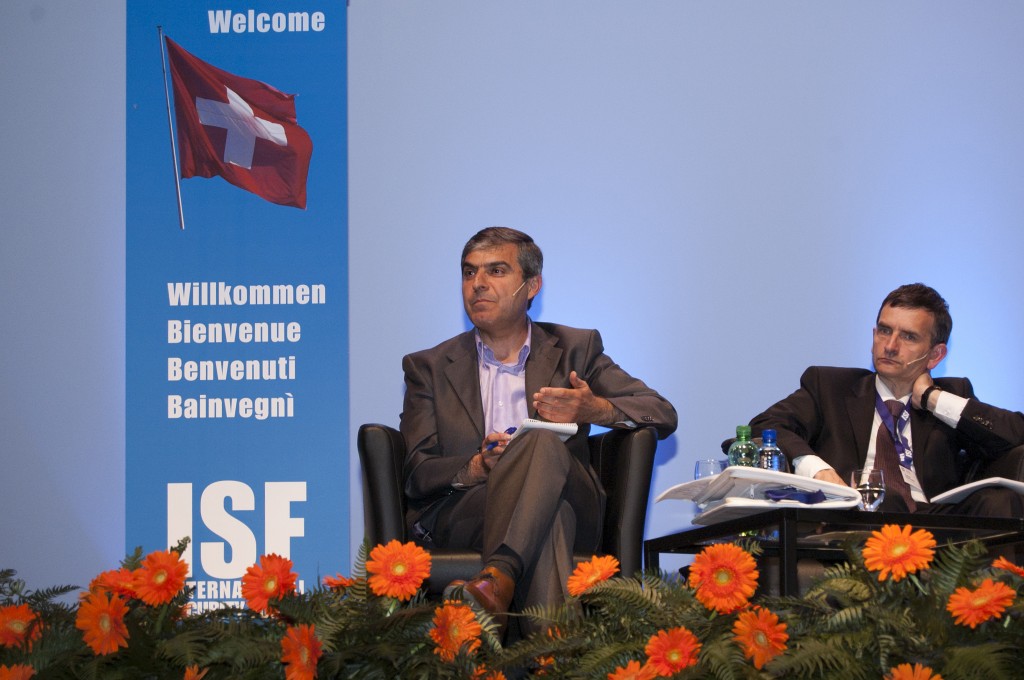
On 3 June – only days after he vowed not to step down or make further concessions – Yemen’s President Ali Abdullah Saleh was seriously wounded in an attack on the presidential palace and flown to Riyadh for medical treatment. If he does not return by early August, the constitution provides for fresh elections to be held. To a considerable extent, therefore, Yemen’s fate now lies in the hands of Saudi Arabia.
The Saudis, within the framework of the Gulf Cooperation Council, have tried to broker a transition plan in Yemen before – to no avail. With Saleh now under Saudi authority and no longer on the political scene, their room for maneuver behind the scenes has greatly increased. Sure — cutting a deal between an increasingly fragmented opposition and an embattled administration remains extremely difficult. But Saudi Arabia has every reason to throw its weight behind negotiations for a peaceful power transition.

